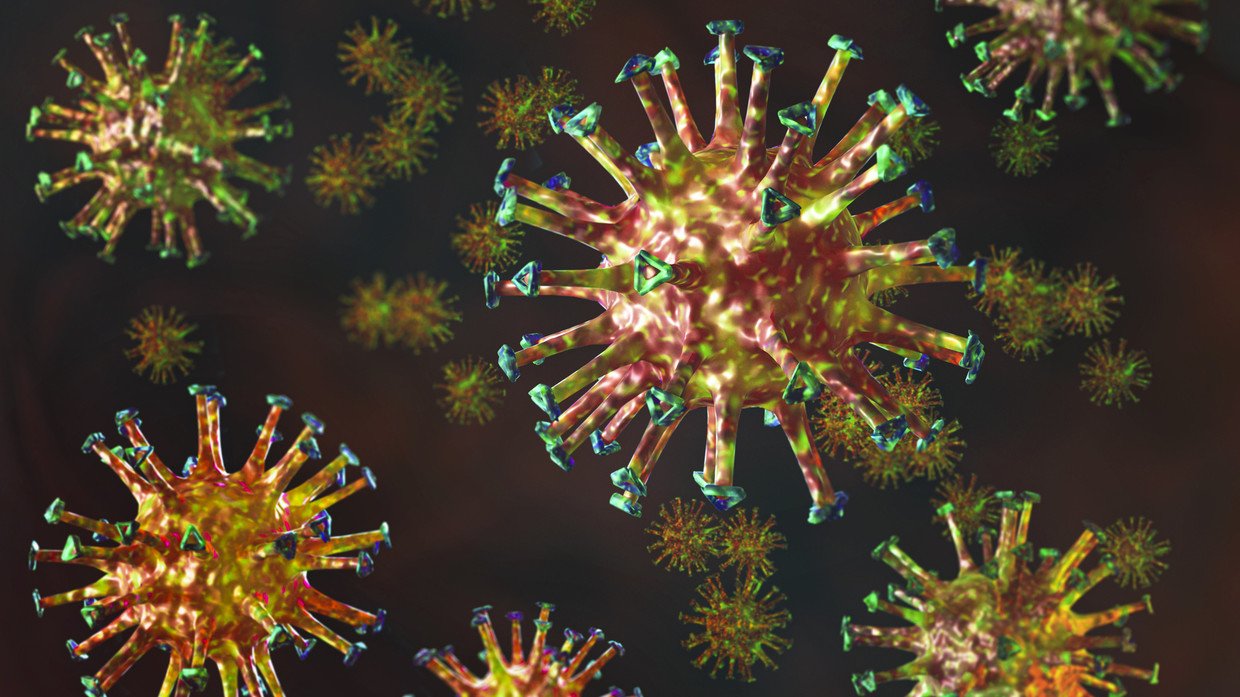The MSM is pushing a narrative that the coronavirus presents an existential threat to humans, jumping on findings that the coronavirus is mutating as evidence for this. But in reality, mutations are anything but alarming.
Over the weekend, the Guardian published a piece titled: ‘Scientists concerned that coronavirus is adapting to humans’. One might be forgiven for doing a double-take at this headline – hasn’t the virus already adapted to humans? Otherwise, what would all the fuss be about? In any case, the piece refers to recent analysis of thousands of coronavirus genomes worldwide, revealing that some have mutations not present in the original Wuhan strain.
Newsflash: Viruses mutate. All DNA mutates – including your own. But this is no bad thing. Admittedly, the word has negative connotations; we imagine mutants as horrible, deformed creatures and, X-Men aside, usually bad guys. But in fact, mutation is as natural a process to DNA as repair or reproduction. Evolution relies on it. Famously, mutations to the lactase gene allow people of European descent to consume dairy products.
Some factions of the media seem committed to capitalizing on the negative associations people have with ‘mutants’ and ‘mutation’ to scare the unsuspecting public. But as long as there are still some voices of reason commentating on the coronavirus, such alarmist tactics will be readily challenged.
Mutants are milder
One such voice of reason is Dr John Lee, a retired eminent epidemiologist and outspoken critic of the UK government’s handling of the outbreak. He looks at the coronavirus through the lens of evolution, and has a fascinating take on how mutations may actually be a good thing. A virus that is too deadly will die out with its hosts before it can spread, but to spread widely – which, after all, is its only purpose – a smart virus becomes ever-milder. And as mutations help it to do this, Lee expects the new strains of the coronavirus to be less harmful.
Also on rt.com Covid-19 victims ‘would have died anyway’? Not so, says new researchFrom the outside, this looks like the virus ‘burning itself out’. In fact, it is different particles of the virus spreading further, rather than the strong form of the virus itself running out of steam. Either way, the results are the same. Lee warns, however, that this tendency for the coronavirus to get milder with time may be hindered by the lockdown.
Bad news for Big Pharma
Perhaps the only thing that mutations are bad for is the vaccine development effort. Vaccines rely on creating antigens that closely match the precise molecular character of the pathogen in question. If that pathogen is changing via mutations, it scuppers the best-laid plans of vaccine developers.
And the variation already detectable in coronavirus genomes does not bode well for large pharmaceutical companies. This is hardly surprising, as Sars-CoV-2 is a single-stranded RNA virus – a kind of virus particularly prone to mutations. In fact, all coronaviruses are of this type. Their inherent changeability is probably why no coronavirus has ever had a vaccine.
For now, though, mutations should be nowhere near the top of the priority list in terms of tackling coronavirus. As Professor Nick Loman of the University of Birmingham said in a different article in the Guardian, “I’m sure it will not matter which mutations the virus has… We look to see if any of the mutations change behavior and we don’t have any evidence for that.”
Unwelcome guest?
In his latest article for the Spectator, Lee says that the novel coronavirus is simply “coming into equilibrium with its new human hosts.” Perhaps mutations are just part of this process – a new-born life form getting to grips with its new home. And it has time to settle in, because a vaccine – if one is ever made – is at least a year away, probably more.
Also on rt.com Governments may see immunity passports as a way of reopening societies, but they’re a plunge towards totalitarianismFor the foreseeable future then, Sars-CoV-2 will be floating about in the ether, infecting and reinfecting human bodies. We did not get a say about our new tenant, but it has turned up on our doorstep with its own key. Thankfully, like all of the best tenants, it will go completely unnoticed most of the time.
Like this story? Share it with a friend!

